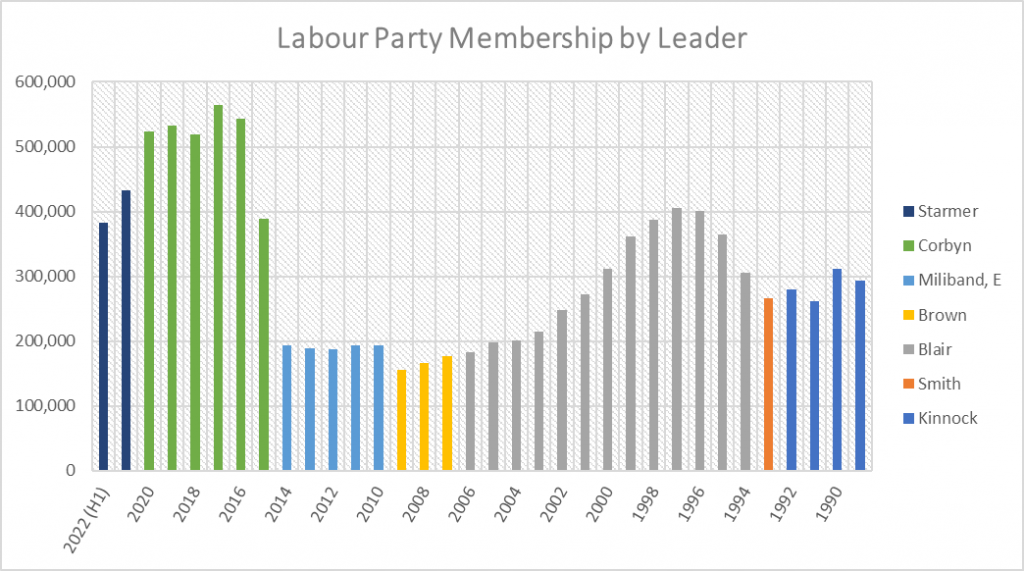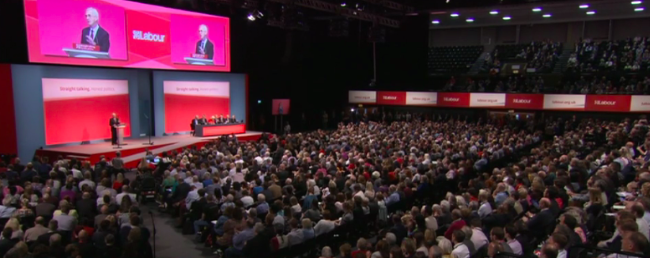The bulk of motions on the economy were tabled by Unions, and focused on wages, infrastructure and working rights. Several of the Union motions call for renationalisation of the basic utilities, mail and rail, but not gas or water. I wrote a speech but wasn’t called. This is sort of what I planned to say.
“We are in an economic crisis, a crisis of living standards and possibly the first one caused by a government since the discovery of … Keynesianism.
Reinforced by Brexit, we have declining inward investment, the highest inflation in a decade, imports are up, exports catastrophically down, we have a possibly unsustainable balance of payments deficit again, it’s been in deficit for decades and a labour shortage impacting agriculture, social care, and the NHS and also stagnating wages.
The currency is taking a fall due to confidence, this increases the price of energy and food.
My dad, once said to me, that, “governments take thousands of decisions every day and under the Tories everyone is wrong”. it is not enough to seek to get only some of these decisions right, to compete with this ERG government on the basis of competence allied to debt fetishism. We need to offer hope and then deliver on that promise.
One thing that Kier Starmer has right is the growing anger that hard work is not enough to allow an even reasonable standard of living. it is a struggle to pay for rent or a mortgage and heat one’s home and even, although I hate the phrase put food on the table. We must offer people hope of a better economy and society.
I finish by saying this is a crisis caused by this Brexit government and planning to fix it neither offers hope nor is truthful.
Flirting with monetarism and offering little hope on even trade friction with the European Union jeopardises the loyalty of many of those who voted for us in 2017 & 2019.
Dave Levy, from my notes
Apart from the attempt to fix Brexit, I think we’ll offer more than I had feared. …









